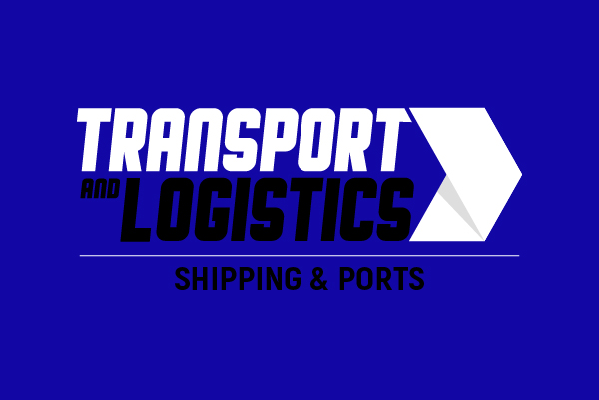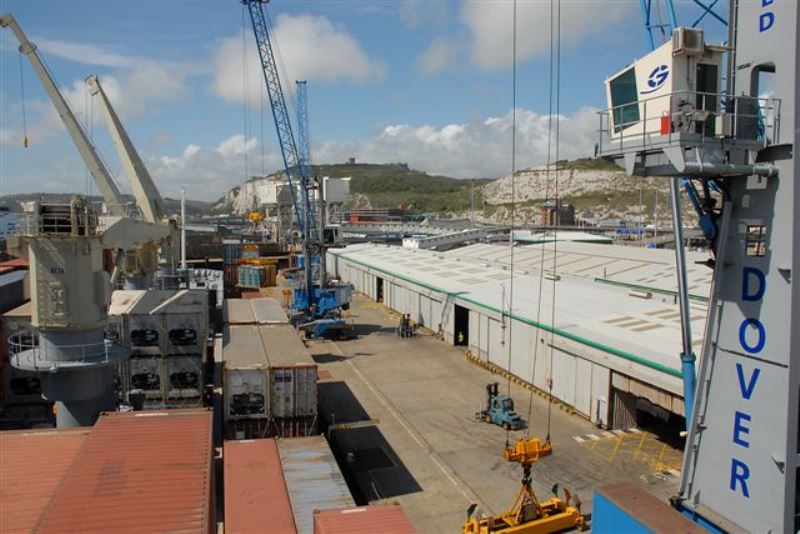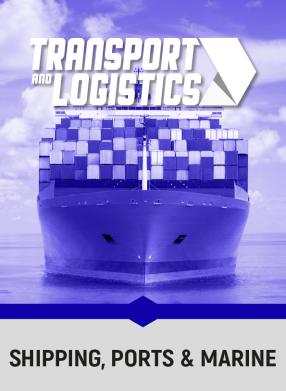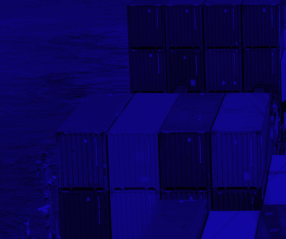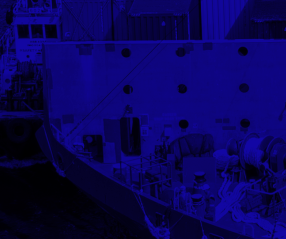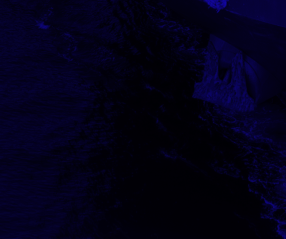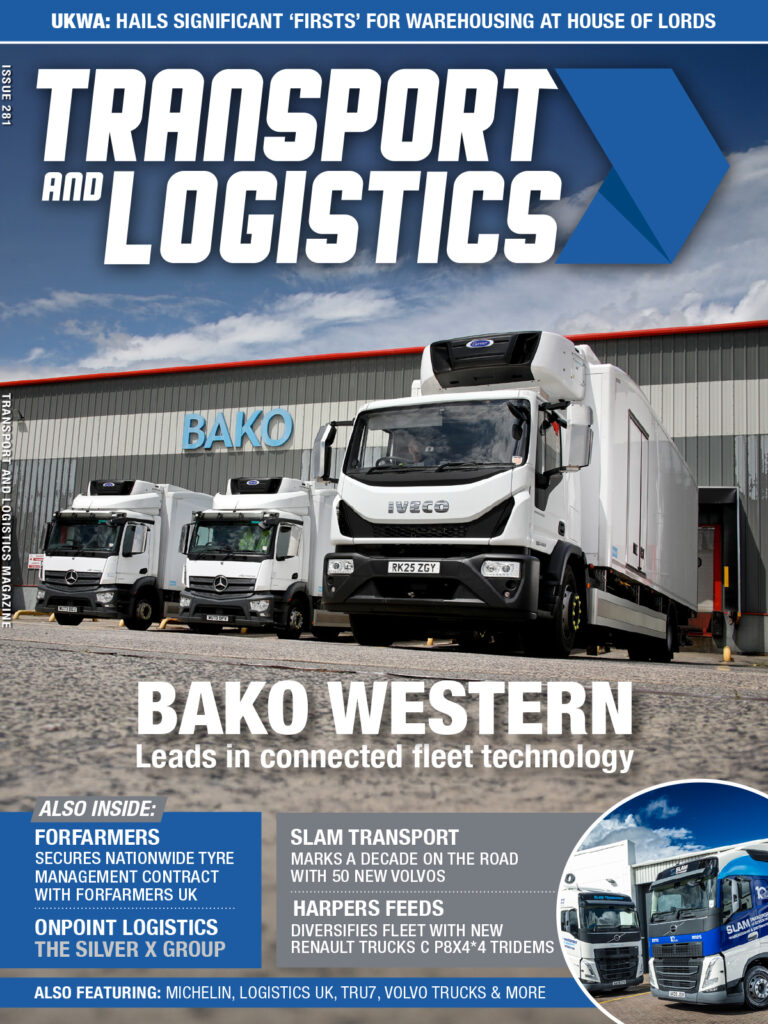If anyone was still under the impression that the Port of Dover was a quaint little port on the south east corner of the UK doing ferry trips for holidaymakers or booze cruisers to France, then the past two weeks of disruption have surely shattered that illusion.
Clearly we were not planning such an extreme strategy about how we can change perceptions and get across the importance of the Port to UK plc, but nothing could have ever made the point better than turning off the tap that helps the UK’s trade to flow.
Whilst still just trickling, the UK trade tap was turned off enough in Calais to show just how vital Dover is to our national prosperity.
The Port of Dover handles £100 billion of trade. That is just less than the combined online retail sales of the UK, Germany, France, Sweden, The Netherlands, Italy, Poland and Spain (see Centre for Retail Research – http://www.retailresearch.org/onlineretailing.php). In just four days of concerted disruption in Calais, such action has already cost the UK economy an estimated one billion pounds.
How could you equate the importance of keeping such valuable trade moving with the incredible disruption caused at a major international gateway – Calais – by the mob rule of a small number of aggrieved militant Frenchmen? We certainly cannot. Unless supermarkets with empty shelves and assembly lines with vital parts missing are to become acceptable, then clearly under no circumstance should the recent situation be allowed to happen again.
Whilst the Port of Dover has remained open and operational throughout, we and our ferry business partners cannot provide the essential service and operations for the UK and for Europe, for which we are world renowned, if Calais is shut or its operations are limited.
And provide an essential service we must, for there is no substitutable capacity anywhere else that can take the type (high value, just-in-time goods) and volume (2.5 million freight vehicles) of traffic that we handle at Dover. Dover’s current yearly growth alone is the same as the annual throughput of other ‘major’ UK roll-on roll-off ports (excluding Eurotunnel).
Resilience is key. Our staff have worked tirelessly, and we have had fantastic multi-agency, ferry operator and trade support in dealing with the industrial action at Calais, but it has taken huge resource. The Government must now look at turning its focus away from the immediate implications of a £1 billion strike to ensuring a £100 billion trade route can do its job 24/7; unimpeded by others for the long term.
We are rapidly approaching the very busy summer holiday period and so we are going to have the additional and very welcome challenge of helping many of the UK’s families on their way to enjoying their well deserved break.
The Port of Dover handles 13 million passengers each year. That is the equivalent of more than the UK’s fifth busiest airport – Luton. Would we allow the majority of services from one of our major airports to be curtailed for several days during the summer because of a few militant French workers? Of course not. So why do we allow it to happen to an equivalent passenger hub at Dover that also handles £100 billion of the nation’s trade at the same time on a core EU transport corridor?
And why do 13 million passengers come here? Because when we are allowed to, we deliver the biggest, best and most efficient service on the shortest sea crossing between the UK and mainland Europe. The UK and French governments need to make sure we can continue to do that as it is in all of our interests.
This is not an immigration issue; neither should it result in navel gazing and meaningless statements on the need for mega lorry parks. This is a debate about our trading island nation maintaining the economic recovery. That is the challenge and what we have seen recently is the stark reality of what happens when Dover is prevented from doing its job by the lawless actions of others.
Tim Waggott
Chief Executive


